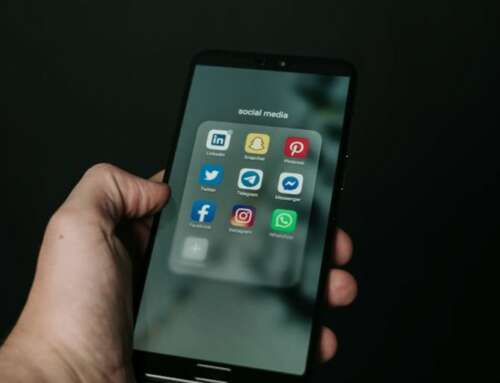
Getty Images
A recent piece in The Australian (“Technology’s effect on children’s brains isn’t black and white” 25/5) by journalist John White canvassed many views about the impacts of screen experiences on children’s brains. The sometimes conflicting views produced a confusing picture.
There’s obviously an urgent need for continuing research (and a study on social media use and teen brains released late in May provides more food for thought*). But as Oxford-based Prof Susan Greenfield said “There are grounds for us to really question what society we want to live in, what values we want to promote. We need to wake up to these very big and important questions rather than just drifting into this cyber world.”
Drifting into the cyber world without much guidance is not good for kids. At the very least, a dependence on screens for entertainment can be damaging to children’s social and emotional development, and can be very difficult to modify by teen years.
The time to start with effective screen management is in the early years. This is a key time when parents can choose media for their very young children that reflects the values that they would like their children to grow up with. These might include programs and games that enhance children’s lives without glorifying violence; where characters are not constantly engaging in interpersonal aggression, but show kindness, empathy and resourcefulness; that offer diverse experiences and enjoyment.
The early years is also a key time for parents to understand some of the impacts that media experiences can have on young children. There are plenty of indicators that a careful and balanced approach is warranted. From years of child development research, we know that interaction with others promotes healthy development in young children’s brains. Screens don’t offer that responsive interaction. From research studies we know that using screens right up to bedtime, can interfere with healthy sleep patterns; that exposure to scary content can give rise to unnecessary fears and anxieties; that exposure to glamorised violence raises the risk of use of aggression. We know that patterns of dependence on screens for entertainment, and problematic internet use start early, and can be very hard to break later. We know that parental mediation strategies can be effective in minimising harms in relation to media use, aggression, substance use, and sexual behaviour (Collier, KM 2016).**
Screens can and do offer children enjoyment and enhance their lives, but young children need time and encouragement to develop relationships and discover other engaging activities, that promote their wellbeing.
Young parents need more support and information than they are currently getting to find their way through the maze of mass-marketed-media to healthy media choices and use. This is an issue that potential politicians should be considering seriously. Have they had regard to the findings of the Australian Child Health Poll, Dec 2015*** that “Excessive screen time has emerged as the top ‘big problem’ for the health of Australian children and teenagers”?
The Australian Council on Children and the Media makes a contribution to supporting parents by providing information and evidence-based strategies that encourages them to start smart and early with screen management. Age-appropriate choices of movies and apps are made easier with ACCM’s Know before you Go movie and Know before you Load app reviews services, which can now be accessed on mobile via the new ACCM Reviews app.
These ACCM resources can be found here
http://childrenandmedia.org.au/movie-reviews/
http://childrenandmedia.org.au/app-reviews/
http://childrenandmedia.org.au/resources/fact-sheets
ACCM also runs seminars and conferences on topical issues related to children and media, and the next of these is in Sydney on July 18 on the topic of “Violence in the media: the stories and the science”. http://childrenandmedia.org.au/events/accm-conference
– Barbara Biggins OAM is the Hon CEO of the Australian Council on Children and the Media, and a longtime advocate for quality media and healthy use of screens.
————————————————-
References
*University of California – Los Angeles. “Teenage brain on social media: Study sheds light on influence of peers and much more.” ScienceDaily. ScienceDaily, 31 May 2016. www.sciencedaily.com/releases/2016/05/160531104423.htm
** http://www.ncbi.nlm.nih.gov/pubmed/26914217
*** https://www.childhealthpoll.org.au/polls/top-10-child-health-problems/







Leave A Comment